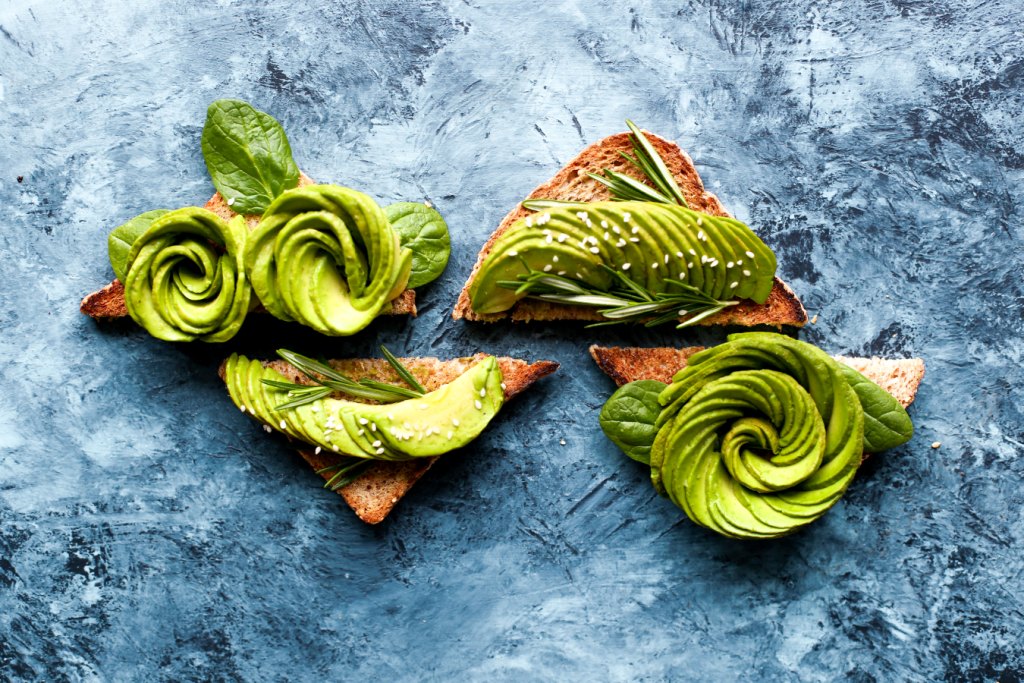Good vs. Bad Fats in Your Diet
The word “fat” has quite the negative connotation, both in terms of our bodies and our diets. In the 1970s, Americans were taught that fats make them fat and were encouraged to cut them out of their diet. This low-fat fad lasted many years and led to many processed foods being labeled as “low-fat” or “fat-free”. However, this “fat-free fad” actually made the United States fatter as a whole. This made us realize that a well-rounded diet contains some healthy fats, as well as good carbs, and lots of fruits and vegetables.
There are tons of perks to including monounsaturated and polyunsaturated fats in your diet, including the potential for:
- Improved cholesterol levels
- Reduced risk of heart disease and stroke
- Decreased risk of diabetes
- Increased healthy nerve activity
- Improved vitamin absorption
- And more!
So don’t be scared of dietary fats! Need some help deciding which you should and should not include in your diet?
Check out our lists below!
You SHOULD HAVE monounsaturated and polyunsaturated fats in your diet. Foods that contain these include:
- Nuts, including almonds, cashews, peanuts, pecans, and walnuts
- Vegetable oils, such as olive oil, canola oil, and peanut oil
- Peanut butter and almond butter
- Avocado
- Fatty fish, such as salmon, herring, sardines, and trout
- Tofu
- Roasted soy beans and soy nut butter
- Seeds, including sunflower seeds, pumpkin seeds, and sesame seeds
On the other hand, you SHOULD MINIMIZE the amount of saturated and trans fats in your diet. Foods that contain these “bad fats” include:
- Fatty cuts of beef, pork, and lamb
- Dark chicken meat and poultry skin
- High-fat dairy foods, such as whole milk, butter, cheese, sour cream, and ice cream
- Tropical oils, including coconut oil, palm oil, and cocoa butter
- Fried foods, such as doughnuts, French fries, etc.
- Margarine
- Vegetable shortening
- Baked goods
- Processed snack foods
We hope this post helps you make sense of the seemingly complicated world of dietary fats. We also hope it helps you make healthy decisions in regards to what fats you should be consuming! Have questions on this topic? You can reach out to us on Facebook and Twitter!
